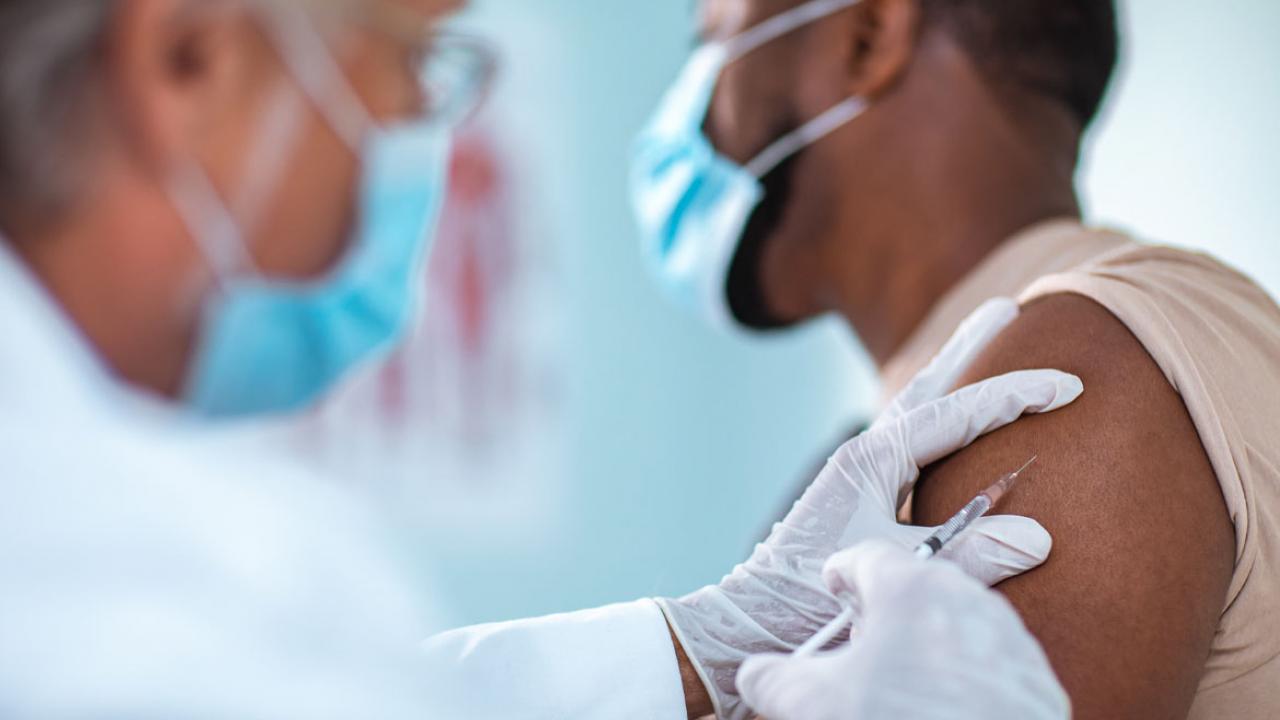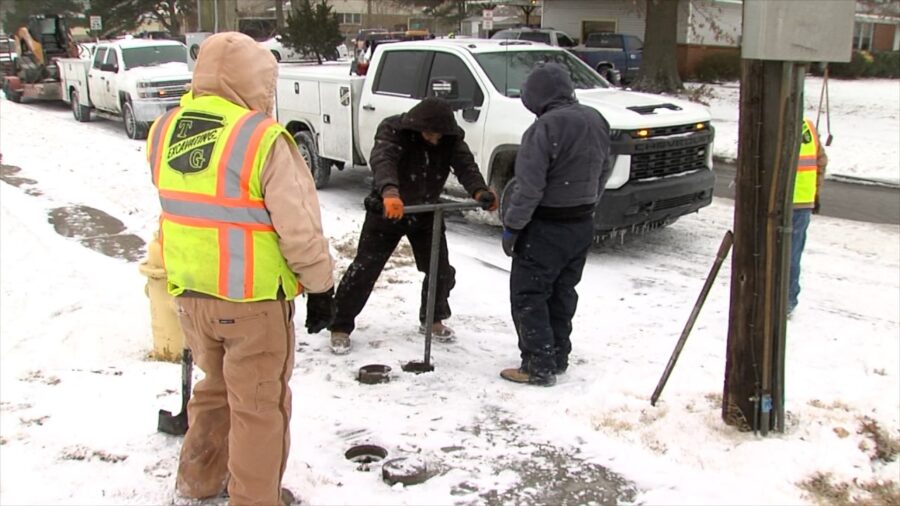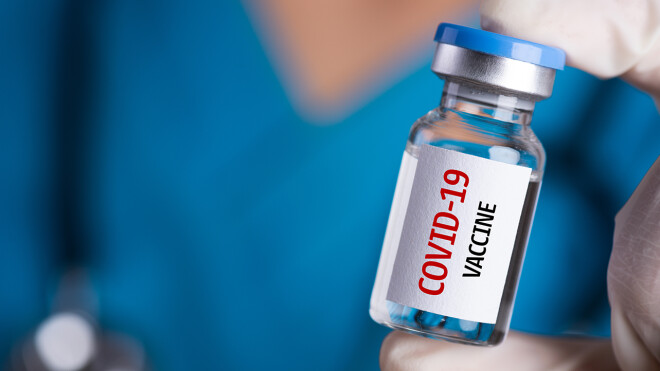
Here are some takeaways to help our community demystify concerns and enable better-informed decision-making about the COVID-19 vaccine
It has been more than two months since we published the list of top 10 things to help our community demystify concerns and enable better-informed decision-making about the COVID-19 vaccine.
We now have several months of actual vaccination experience following FDA approval of two vaccines for emergency use. It is a good time to drop 10 more pearls of wisdom. So, here we go.
- 65 million shots given.
Today, about 1.8 million shots are being administered each day. Since vaccine distribution began in mid-December, more than 55 million doses have been given. About 10% of the U.S. population have received at least one dose. This is far short of the 70% needed for herd immunity, but a step in the right direction
- The second dose can pack a punch.
Many people have complained about severe symptoms after the second shot. In addition to a very high rate of fatigue, many report fever, chills, headache, muscle and joint pains. If this occurs, rest assured you have not been infected. This is simply your immune system’s robust reaction (boost effect) to the first shot (primer dose).
- More Blacks are willing to get it.
Black Americans are warming to the prospect of vaccination, assuming they are safe and available for free. Sixty-two percent are favorable to vaccination compared to a dismal 50% three months earlier. That said, we remain among the most vaccine-hesitant groups (behind Republicans and rural residents) with 35% saying they will probably not or definitely not get it.
- Coming to a pharmacy near you.
Retail pharmacies, including CVS, Walmart, Walgreens and Rite Aid, recently started giving vaccines as a part of the federal program. Although only given one million doses to start with, the fact that these stores are virtually in every community should increase access for communities of color.
- Single-shot vaccine coming.
There are two vaccines approved by the FDA for emergency use, Pfizer and Moderna. Both require two shots separated by 3-4 weeks. A new Johnson & Johnson vaccine only requires a single shot. It is scheduled for review by the FDA on Feb. 26 and could be available by March.
- Mutant strains may elude vaccines.
Several mutated (or variant) strains of the virus from other countries (UK, South Africa) are showing up in the U.S. These new strains are more contagious and possibly more deadly. Vaccines do offer some cross-protection against these variants, but manufacturers may need to tweak their vaccines to boost coverage.
- Many want to wait and see.
If you are a fence-sitter who wants to “wait and see,” you are not an outlier. Nearly a third of the public is with you. Most Black Americans who are waiting to see are worried about long-term or serious side effects from the vaccine. Nearly half (46%) believe the vaccine is less effective than advertised, and 31% worry it may cause COVID-19.
- Serious side effects are rare.
So far, there have been more than 1,200 deaths among people who received the COVID-19 vaccine. Thankfully, none of these deaths were linked to the vaccine. Life-threatening allergic reactions (anaphylaxis) occur in just 2 to 5 people for every million receiving the vaccine, but this type of risk occurs with all vaccines. Most doctors believe the benefits outweigh the rare risk posed by the vaccine.
- Anyone can report side effects.
Manufacturers and healthcare providers are required by law to report serious side effects that occur after vaccinations. But you can too. CDC has a passive reporting system that allows anyone to go online and report their experience with the vaccine. Allergic reactions occur within minutes. Most other vaccine-related problems usually occur within 7 days.
- Vaccine prevents illness, not infection.
Let’s be clear about what the vaccine will and will not do. It will protect you from getting seriously ill or being hospitalized. However, it does not protect you from getting the coronavirus or transmitting it to others. This means that first-line precautions like wearing well-fitted masks, hand washing, social distancing, and avoiding crowds remain critical.









